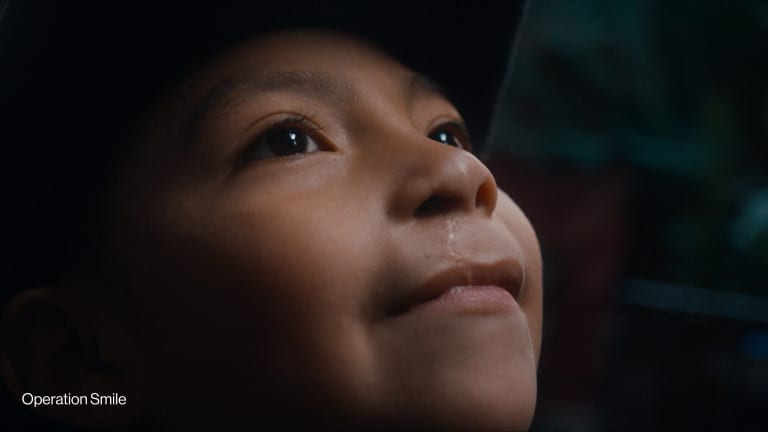
What are the challenges — and benefits — of being a working mom in international development? To celebrate Mother’s Day, I gathered answers to this question from aid workers who are also moms.
These professionals highlighted a variety of issues, including balancing one’s career with a spouse’s or with the needs of children, and raising children abroad.
It’s no surprise that travel is one of the most-often mentioned challenges for working moms in relief and development.
“There are times when you miss really important things in your children’s lives, or they call you crying because they miss you,” Linda Raftree, senior advisor on ICT4D for Plan International USA, told me. “And you carry that feeling with you that you’ve not given them everything they need because you are off supporting other people and their children, or you are somehow scarring your kids in the long term by your absence.”
The kind of travel that working moms in development must undertake — to poor countries with poor infrastructure — also poses a particular challenge.
“It can be hard to get a call through to home,” said Lainie Thomas, a social development specialist at the Asian Development Bank and mom of four kids, ages 11, 9, 6 and 4. “Flights can be unreliable, which makes getting home on time stressful. Internet might be very expensive or slow and therefore hard to keep in touch.”
When they’re not traveling, some moms work flexible hours, if their employer allows it, or they work from home so they can spend more time with their kids.
“Remote control”
Managing a household from thousands of miles away is tough. Moms often worry that the support system they’ve set up will topple in their absence. What if the kids get sick … the sitter won’t show up … my partner won’t come home at a reasonable hour … my husband won’t remind them to study for their tests, pack their lunches in the morning, or help them do their homework?
Silvia Holschneider, senior technical advisor at the U.S.-based University Research Co., has the following advice:
Be extremely organized: Write lists and calendars for the time you’re gone.
Stay in touch: Call your children regularly and take the time to chat with them.
Learn to let go: It’s healthy to realize that everything doesn’t always have to go how you envision it.
It takes a network
For a mom working in development, a supportive husband or co-parent can make all the difference. If possible, adopt a “one parent always home” policy, update each other continuously before confirming travel plans, and maintain a shared family calendar online with Google or other providers.
In the event simultaneous travel is unavoidable, try to arrange visits from extended family members or tap your network of close friends to ask for sleep-overs for the kids so you can have confidence the kids have a capable, resourceful adult responsible for them, especially in the event of a crisis.
For working mothers who bring their infants along on business trips, a strong network of friends at your destination can provide inside information and access to resources in the field.
The bright side
Although it can be tough on kids when their mother travels for extended periods, it can also help build their sense of independence and self-sufficiency — which is both a strategy to cope with absences, and a result of not always being there.
“My kids probably matured faster than other kids because they had to get themselves places and didn’t always have help with their homework,” said Raftree, whose kids are now 20 and 15 years old. “This pays off for them now because they are self-motivated and responsible even if no one is pushing them externally.”
A mother’s absence can give the spouse and kids a chance to bond more — in fact, several mothers I spoke with noted that it may strengthen the bond between partners as well.
For the moms, of course, travel provides a chance to gain new experiences that can enrich family life and help kids become more adaptable and gain a broader perspective on life. And at the end of the day, a mother’s worries may be unfounded.
“I have a beautiful relationship with my kids,” said Raftree, “so something went quite right even though I had to juggle work, travel and family.”
So, for those of you who are working moms in international development, I hope this serves as encouragement: You are not alone!
For those of you who are potential or future working moms in development and wondering how you could possibly raise a family while working in this field, I hope you will feel inspired: It’s not easy, but it can be done!
And for those of you who are not now, nor will ever be, working moms in international development, I hope you’ve gained some insight into the challenges that some of your colleagues may encounter.








